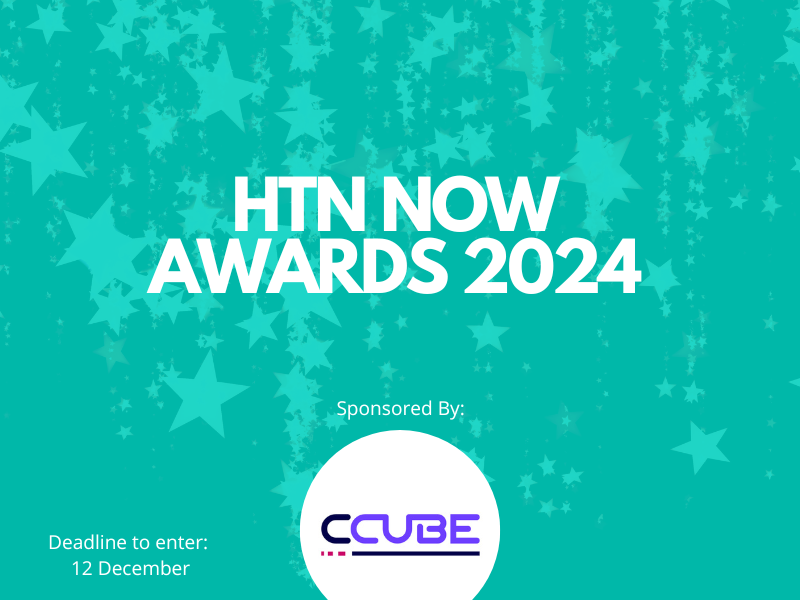Mobile electronic observations specifically designed for the complex needs of maternity and neo-natal wards has successfully now gone live at Royal Cornwall Hospitals NHS Trust, the first NHS Trust to do this in the country. This completes the roll-out of Nervecentre electronic observations across 20 wards.
 Following an extensive provider search and evaluation, Royal Cornwall Hospitals NHS Trust (RCHT) selected Nervecentre Software for electronic observations for the 750 beds across its 3 sites. The Trust worked hard to complete technical and clinical scope to ensure the original patient safety and outcome objectives were achieved with roll-out completed recently, including a robust and bespoke solution for the maternity and neo-natal wards.
Following an extensive provider search and evaluation, Royal Cornwall Hospitals NHS Trust (RCHT) selected Nervecentre Software for electronic observations for the 750 beds across its 3 sites. The Trust worked hard to complete technical and clinical scope to ensure the original patient safety and outcome objectives were achieved with roll-out completed recently, including a robust and bespoke solution for the maternity and neo-natal wards.
Dr Rajasri, Consultant Obstetrician at RCHT is delighted with the launch of electronic observations and its benefits in enhancing maternity care. She explained, “eObservations are an innovative solution to improve patient safety by allowing the recording, assessment and prompt escalation of concerns to senior colleagues, all of which significantly benefits mothers and babies in our care. Dr Rajasri continued, “I am proud that all my colleagues here have taken the change positively, engaged in the process and have made this project a total success.”
Key intellectual functionality of the Nervecentre software includes calculating Early Warning Scores which will intuitively alert individual clinical staff that urgent attention is required and cascade results to the specified care team. This Nervecentre escalation software ensures that all clinical staff at the Trust have access to essential patient information at any point within the hospital, improving the ability to prioritise care outside the confines of a ward based environment.
Associate Director of Nursing at RCHT, Frazer Underwood, explains: “The introduction of Nervecentre observations has been very successful in particular for the midwives who have embraced the change and no longer record vital signs on paper charts. This system helps us progress our ambition to become a paper-light organisation and significantly helps us improve the care and safety for our patients”




